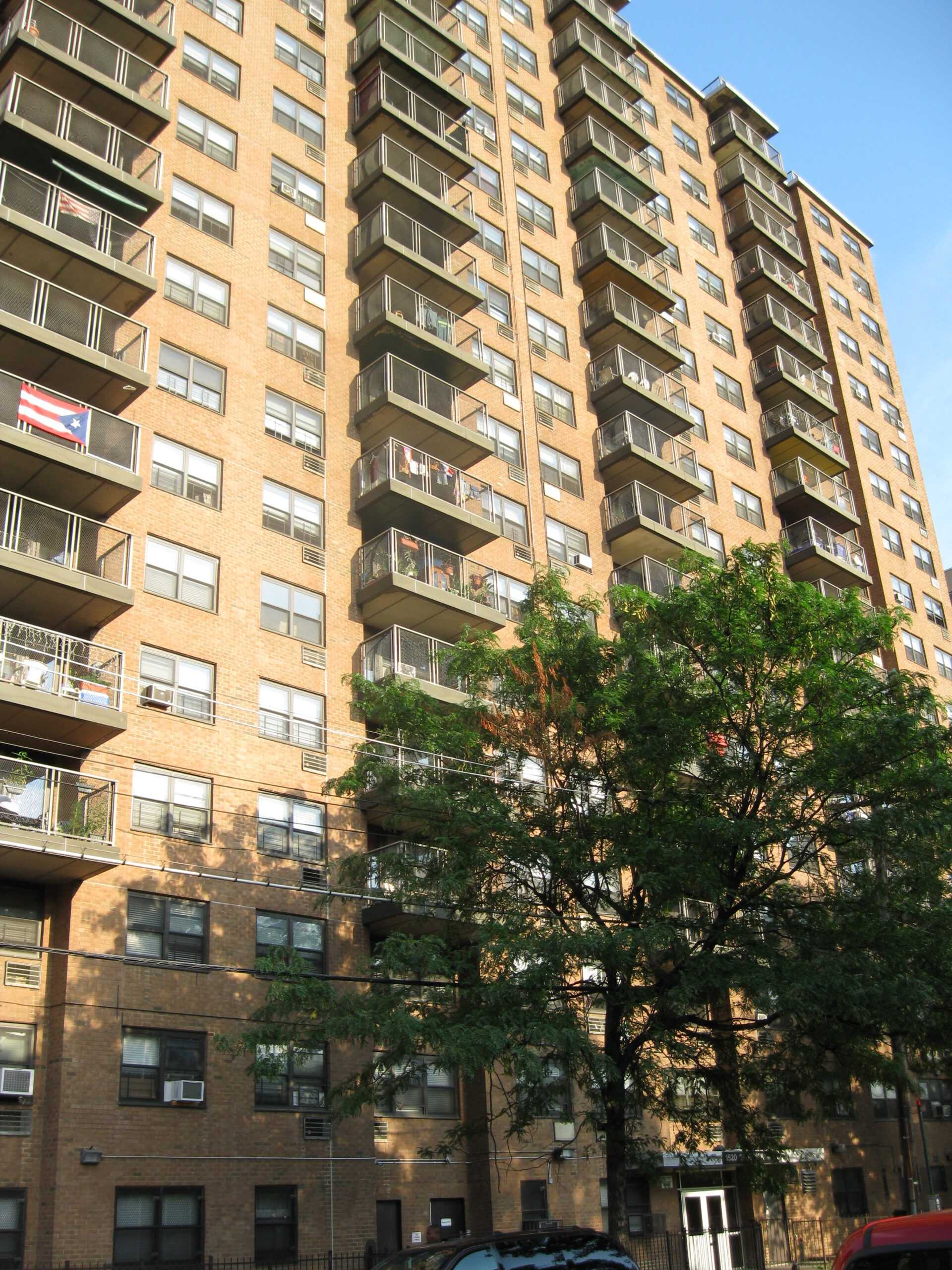To meet ambitious climate goals, leading local and state governments are adopting ambitious energy efficiency policies that require building owners to make substantial capital investments in their properties. In affordable multifamily buildings, these costs could threaten the viability of owners’ operations, result in financial burdens for low-income residents, and disproportionately impact communities of color, exacerbating economic and racial inequities. To avoid burdening these parties, jurisdictions could exempt affordable housing from energy performance policies; however, this approach leaves significant energy savings on the table and prevents low-income residents from enjoying the benefits of energy improvements, lower utility bills, enhanced comfort and improved air quality. This paper identifies potential solutions for improving the development of a BPS and the other efforts that jurisdictions can make to facilitate the improved energy performance of affordable housing.
We hope to help jurisdictions design policies and budget for programs to enable affordable housing to benefit from building performance standards without increasing total cost of occupancy or undermining the viability of naturally occurring affordable housing (NOAH).
Co-authors include:
- Zachary Hart, Institute for Market Transformation
- Rory Gahagan, Institute for Market Transformation
- Cliff Majersik, Institute for Market Transformation
- Jessica Miller, Institute for Market Transformation
- Bridgett Neely, Firefly Energy Consulting LLC
For further reading, please consult ACEEE and the National Housing Trust’s complimentary Summer Study paper that analyzes how enacted building performance policies treat the affordable multifamily market, with a focus on Washington, DC.
